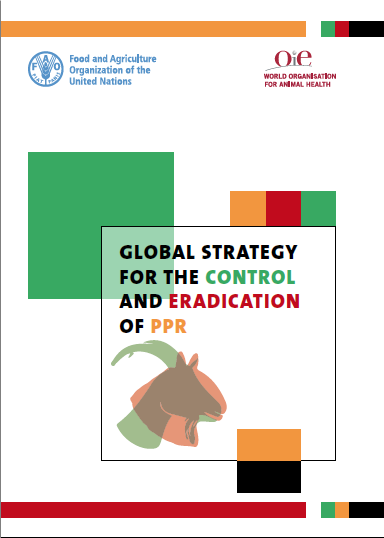
Peste des petits ruminants (PPR), an eminent transboundary animal disease (TAD), recognized as priority disease by the GF-TADs Steering Committee for Europe, causes high morbidity and mortality.
In infected countries where PPR is endemic, it affects livelihoods, food security and economic activity, including trade, well beyond the people who own and farm sheep and goats. Control and eventually eradication of the disease would bring a major positive impact on improved small ruminant productivity and human livelihoods.
Today, PPR is one of the targeted diseases for many governments and their development partners.
The joint FAO/WOAH Global Strategy for the Control and Eradication of PPR (GCES) was adopted during the first International Conference for the Control and Eradication of PPR, held in Abidjan (31 March to 02 April 2015). It offers a framework with the necessary tools, methods and strategies to implement a well structured global control and eradication programme. It allows progress to be made not only for PPR control and eradication, but also in other fields, with the strengthening of Veterinary Services, providing the necessary enabling environment to control other animal diseases through a cost-effective combination of activities.
The strategy covers three components:
(i) control and eradicate PPR,
(ii) strengthening Veterinary Services and
(iii) control of other priority small ruminants diseases, together with PPR.
The Strategy engages countries in the organisation of Regional Roadmap meetings to harmonise and synchronise the implementation of the GCES in all affected Regions.
The official recognition of disease status of Members is of great significance for international trade and constitutes one of the most important legal links between the World Organisation for Animal Health and World Trade Organization (WTO), in the framework of the WTO Agreement on the Application of Sanitary and Phytosanitary Measures (SPS Agreement), which entered into force in 1995.
Granting, suspension and recovery of official disease status are handled in an objective and transparent manner, governed by the Standard Operating Procedures (SOPs).
Read more about the OIE official recognition of disease status.


